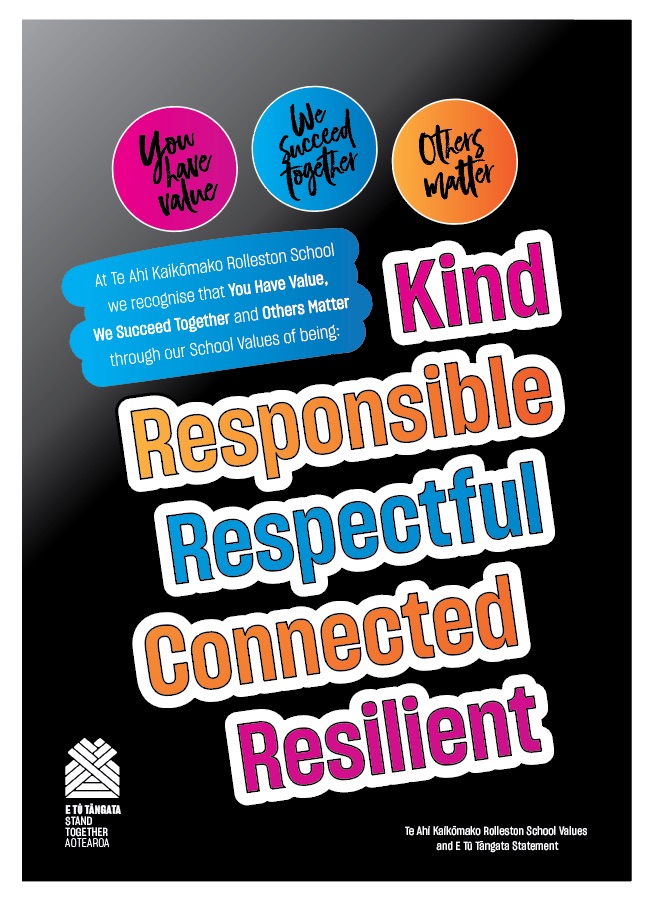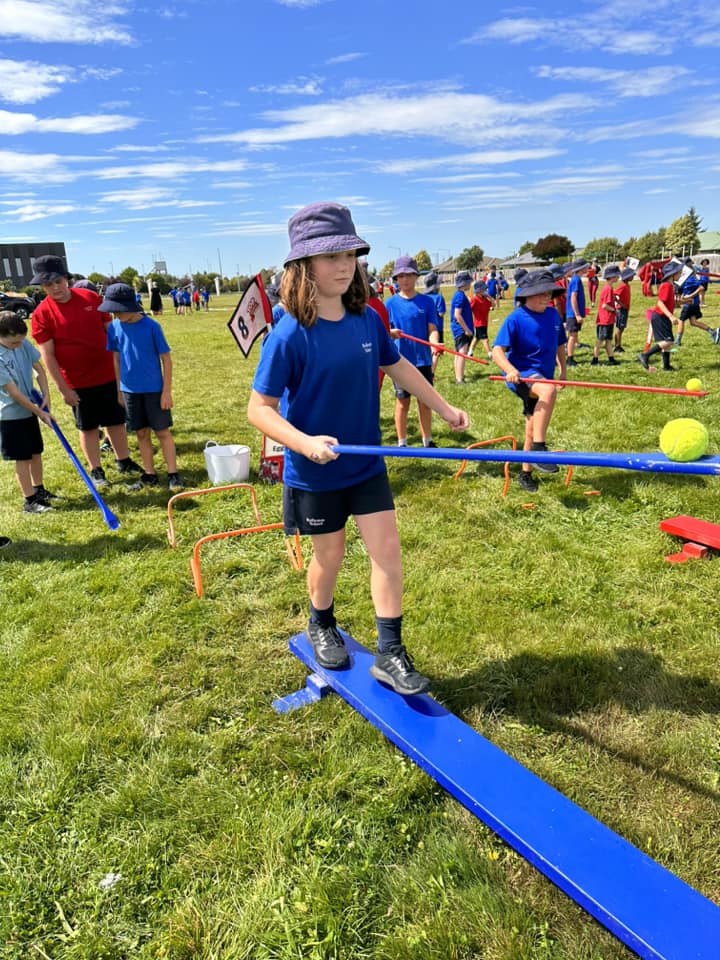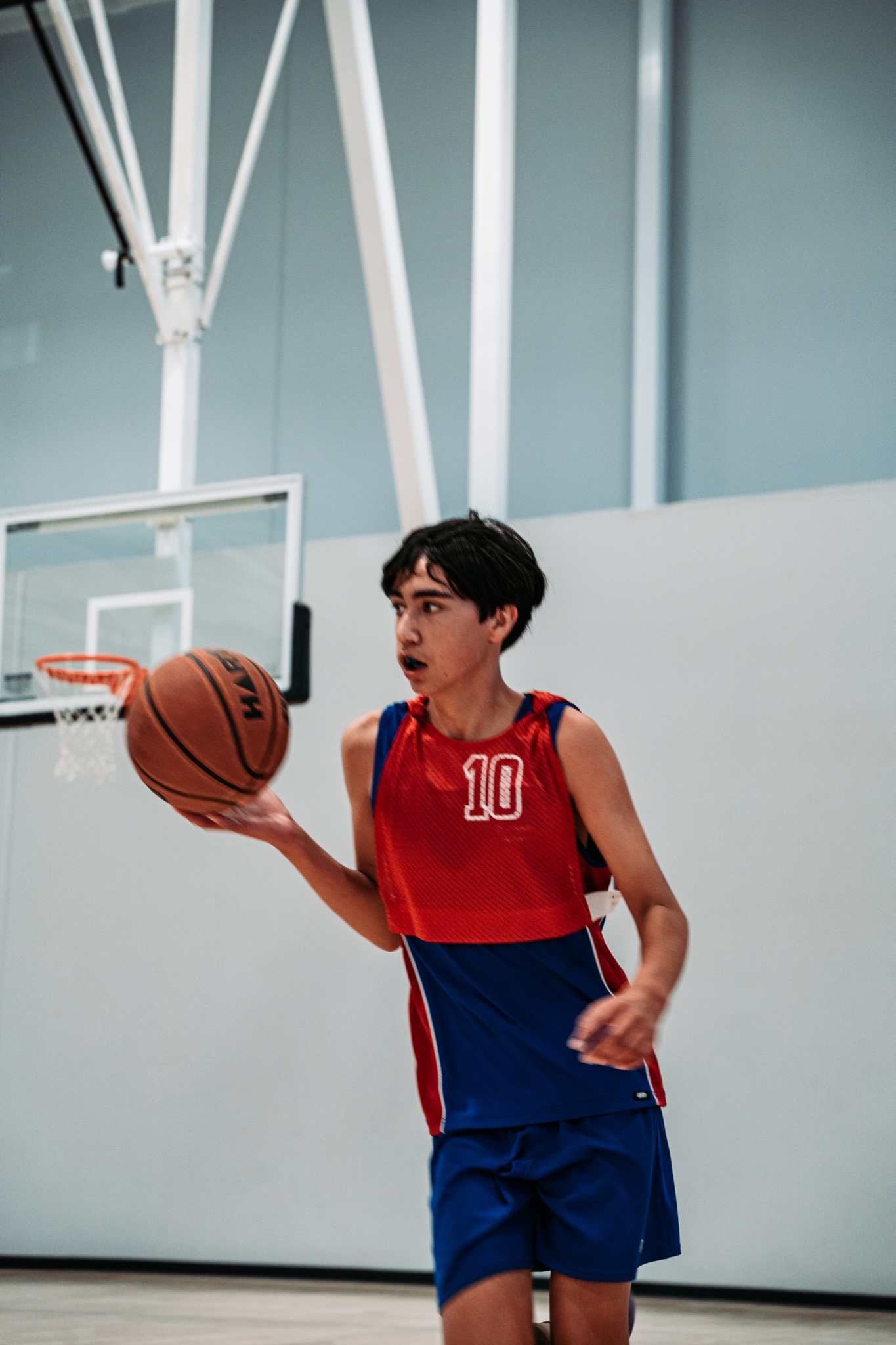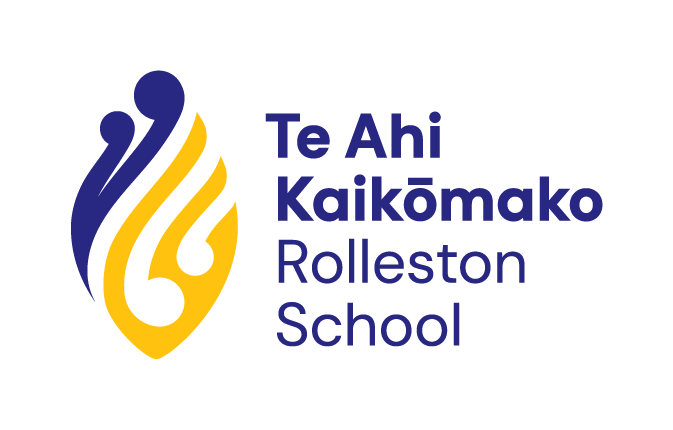Te Ahi Kaikōmako Rolleston School
Our Values
Standing together ignites our learning

About Us
E Tū Tāngata
Growing An E Tū Tāngata MindsetTe Ahi Kaikōmako Rolleston School’s Ongoing Commitment
At Te Ahi Kaikōmako School we believe that through our school values that a person must understand and believe that you have value (ME). This flows on to understanding the worth of others and identifying how, collectively, a classroom, workplace or community can succeed together (WE).
Finally, an individual understands what it means to be a part of something bigger than themselves. This involves looking outside of their classroom, workplace or community and recognising that others matter (OTHERS). This inspires the question: how can we E Tū Tāngata demonstrate throughout the wider community?

About Us
PB4L
Since the beginning of 2019 our school has embarked on professional development with the Ministry of Education around implementing the learning and behaviour initiative called Positive Behaviour 4 Learning (PB4L).
This initiative complements and strengthens the positive behaviour plan that we already have in place at our Kura.
About Us
KiVa
In 2023 we will continue to implement the KIVA – Anti Bullying Programme at Te Ahi Kaikōmako Rolleston School. This programme strengthens our PB4L (Positive Behaviour for Learning) approach and further develops our E Tū Tāngata mindset.
We look forward to continuing to educate our students in strategies and approaches to recognising and dealing with bullying.


